Writerly Stuff, Hints, and Tips from Nathalie
As an author, I’ve come a long way from the person I was in
2014 who didn’t know anything about the writing process, editing or
proofreading, publishing or what’s involved in the “epilogue,” i.e. the
marketing and advertising.
A book begins with good research. You have to understand what
you write about. For example, my series The Wolf Riders of Keldarra may be
fantasy, but when you write any story it has to be grounded in reality. When I
write any of my stories I foremost ask this question: “Would this happen?” or
“Is this plausible enough?”
There’s one small aspect of my book series I purposefully
give a disclaimer about on the About page of the book, and that’s about the
timeline of Yalla’s pregnancy. It’s something like five times longer than it
happens with wolves in our world. The rest of the information is as close as
possible to the way it is in reality, such as how intelligent wolves are...
I read often still and have done so since early childhood.
Reading for me is not just a chance to escape but also, especially now I’m a
full-time author myself, a way to see my questions about my own books answers
in someone else’s story. I don’t copy what I read as I got enough story circling
my mind to last me a lifetime. Reading a book as an author should validate your
own skill.
I prefer silence while I write, except in one situation which
is when I write action scenes. I’ve found I write those better with a
fast-paced music blasting into my ears. But the edit and re-evaluate that part
of my writing I have to do it in silence. A few months I read an article about
Nora Roberts, and how she writes, and in a way, I’m like her... I can write best
when my partner, Anders, is at work, asleep, or in the living room. I love him
but I need my “alone time” for my writing...
My favourite genre is fantasy, though I also write
science-fiction or should I say “futuristic stories,” mysteries and here I’m
partially influenced by reading all of George Simenon books my father owns
(still!) as a child and realising that not every one of his stories had a dead
person in it. Some had mysteries of missing people in them, and I decided I
liked those sort of mysteries the best (Sorry, Agatha Christie!) so now I like
to write mysteries that are about missing people (not necessary cold cases) and
want to bring my own take of the genre. And then finally I love romance, but
decided I wanted to tackle this genre differently too...
I write one book at a time, but have two days a week for
brainstorming where I will polish plots for other books, figure out characters
(both of a current draft or others), and generally expand my notes for books.
Being well-organised is something to aspire as an author (or in any job
really). Oh and I’ll answer one question I saw listed in the interview here: my
biggest pet peeve is when people claim that being an author isn’t a real job.
Remember that when you read the next article by a journalist (the author of the
article), when you watch the next movie (where the script writer was the
author) or anything else you read, such as a blog post by your favourite
blogger writing about the authors and books out there. I stated in my other
essay that we invented writing. We also invented storytelling. When someone
specifically makes it into their career, show them the respect they deserve.
I’ll end this essay with the advice I always give in social
media whenever someone says they have writer’s block. There’s no such
thing....period. Here’s why, and the reason is biological. The next time you
watch a marathon, or people completing with swimming, or any sport, watch what
happens when they reach their physical limit. They stop. They let themselves
get rest and recover. They wait until they’re no longer tired. Then when
they’re recovered they recommence. The brain isn’t a muscle but you can train
it in a similar way, which is also something newer writers should remember.
Many authors on YouTube, Zoom, StreamYard etc. organise “writing sprints.” The
NaNoWriMo effort was created to give you a platform to learn to write
consistently. When I had a moment of not knowing how to move forward with my
career my mentor and friend, Orna Ross, said this to me: “The MORE you write
the better you get it.”
So if you feel the “writing juice” depleted, it’s like the
athlete needing to rest after a sprint. You get this feeling after you had been
writing, right? Well then, it means you take a break and give the “brain
muscle” or “creative muscle” recover, reset, get the energy back and then you
continue. An athlete who tries to force themselve to continue would get an
injury in the muscle that takes longer to recover from. Forcing your mind to
continue with writing when it is already tired creates a similar “creative
injury.” That’s what this writer’s block is. The more you force yourself the
long this injury stays present. Just leave it alone and you’ll come back better
than before with renewed energy, drive and enthusiasm. It was not understanding
this about myself that caused me to turn to Orna Ross for the advice I then
received. Understanding from a television the science behind “sport” made me
realise that what goes for them goes for us. Saying you have “writer’s block”
is a negative approach to the situation. Saying you’re taking a break from
writing is positive. It’s the latter that will help you in getting back to your
writing...
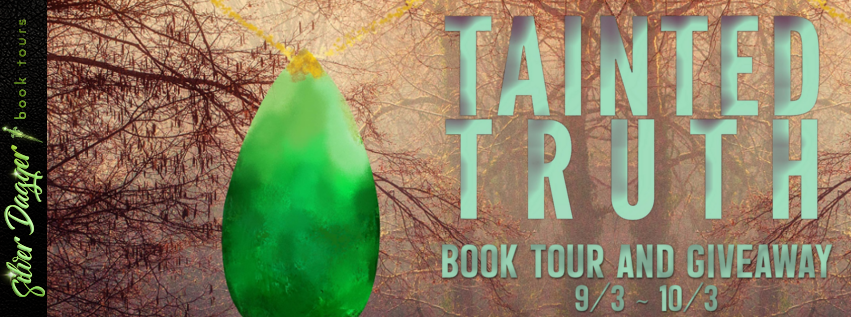
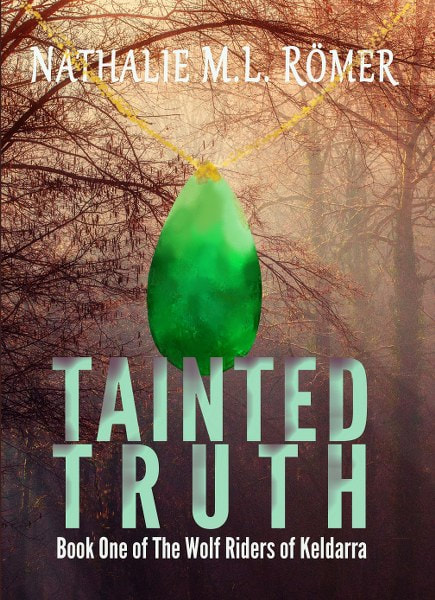

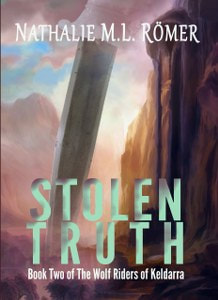
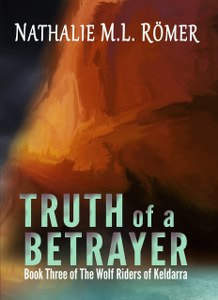

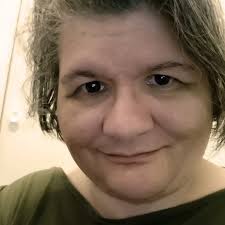


No comments:
Post a Comment